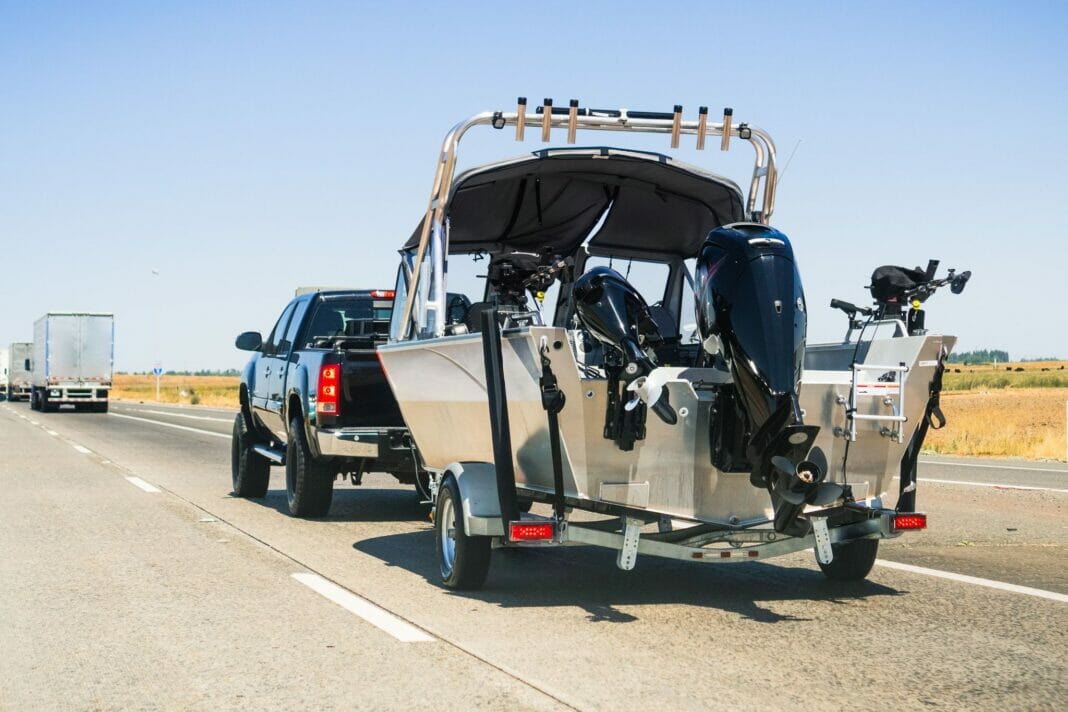The debate surrounding ethanol-blended gasoline has grown increasingly contentious in recent years, with lawmakers, environmentalists, and consumers often clashing over its benefits and drawbacks. For boaters, understanding the nuances of this ongoing conversation is crucial, as the fuel they choose to use in their marine engines can significantly impact both performance and longevity. We will explore the ethanol gasoline debate as it pertains to boaters, breaking down the important aspects of ethanol-blended fuels, potential issues they may cause, and tips for mitigating these challenges.
Ethanol Gasoline Basics
Ethanol, a renewable biofuel derived primarily from corn, is blended with gasoline as an oxygenate, which raises the oxygen content in the fuel. This mixture results in more complete combustion, thus reducing harmful tailpipe emissions. In the United States, most gasoline contains 10% ethanol, known as E10, while newer gasoline varieties, such as E15 (15% ethanol) and E85 (85% ethanol), are gradually entering the market. Ethanol’s benefits as a renewable energy source, reduction of greenhouse gas emissions, and support of domestic agriculture have driven its increased use.
Potential Issues with Ethanol-Blended Fuels in Marine Engines
Despite ethanol’s apparent benefits, its use in marine environments is a topic of heated debate among boaters. Key issues include:
1. Phase Separation
Phase separation occurs when water molecules bond with ethanol molecules in gasoline, causing the two substances to separate. Since water is heavier than gasoline, it sinks to the bottom of the fuel tank along with the ethanol. Boats are particularly susceptible to this problem due to their exposure to water and humidity. If phase separation causes an engine to draw in a mixture of water and ethanol, significant damage can result.
2. Engine Damage
Ethanol can be corrosive to marine engines, especially older models, as it may degrade rubber and plastic components that are not designed for ethanol-blended fuel. Furthermore, ethanol’s solvent properties can loosen debris and sediment in fuel lines and tanks, leading to clogged fuel filters and carburetors.
3. Reduced Fuel Efficiency
Engines typically require more ethanol to produce the same amount of energy as gasoline, meaning boaters may experience a decrease in fuel efficiency when using ethanol-blended fuels. This can result in higher fuel costs over time.
Tips for Using Ethanol-Blended Gasoline in Boats
Despite these potential issues, many boaters continue to use E10 in their engines. If you’re among them, consider the following best practices to minimize potential damage:
1. Utilize Water-Separating Fuel Filters
Most marine engines are equipped with a water-separating fuel filter designed to protect the engine from phase-separated fuel. Regularly maintaining and replacing this filter can significantly reduce the risk of engine damage due to phase separation.
2. Keep Your Fuel Tank Full
Storing your boat with a full tank of fuel can reduce the amount of air—and thus humidity—in the tank, minimizing the risk of water molecules bonding with ethanol.
3. Use Fuel Stabilizers
Adding a fuel stabilizer to your tank can help prevent phase separation by limiting the absorption of water by ethanol.
4. Inspect and Replace Fuel Lines and Components
Regularly inspect your boat’s fuel lines and other components for signs of ethanol-related damage, such as swelling, cracking, or hardness. Replace any damaged parts as needed, and consider upgrading to ethanol-compatible materials.
5. Be Mindful of Fuel Age
Ethanol-blended gasoline has a shorter shelf life than pure gasoline, so it’s important to use fuel within a few months of purchase. If you’re concerned about fuel quality, look for marinas that offer ethanol-free gasoline, which is often labeled as “recreational gas” or “marine gas.”
The Future of Ethanol Gasoline in Boating
As the ethanol gasoline debate continues, it’s essential for boaters to understand how this fuel affects their marine engines and take steps to mitigate potential damage. By following best practices and staying informed on fuel options and compatibility, boaters can help extend the life of their engines and enjoy a more worry-free time on the water.


